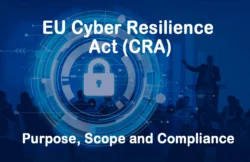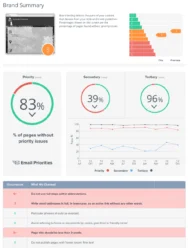
London, UK - Jul 26, 2025 (UTC) - Starting Friday, July 25, 2025, the United Kingdom has implemented stringent age verification requirements for websites hosting adult content, marking a significant step in enforcing the Online Safety Act. The new law mandates that all platforms hosting pornography verify the age of their users to prevent minors from accessing harmful material, including explicit content, self-harm, suicide, and eating disorder-related content.
The UK’s communications regulator, Ofcom, is overseeing the enforcement of these rules, which affect approximately 6,000 adult content websites. Platforms such as PornHub, Discord, Reddit, and Grindr have already begun implementing age checks, moving away from simple self-declaration checkboxes to more robust methods like facial age estimation, credit card checks, digital ID services, and photo ID matching.
Ofcom has outlined that platforms failing to comply could face fines of up to £18 million or 10% of their global annual revenue, whichever is greater. In severe cases, non-compliant sites may be blocked or restricted in the UK. The regulator emphasizes that these measures aim to protect children from accidentally encountering harmful content online, a concern highlighted by experts who note that minors often stumble upon such material unexpectedly while scrolling through social media.
The implementation has sparked both support and concern. Proponents argue that the rules are essential for safeguarding young users, with Ofcom stating, “Age checks to access online pornography are just the same as proving your age in the offline world to buy age-restricted goods.” However, critics, including privacy advocates, warn that the requirements could lead to increased risks of data breaches, phishing, and biometric surveillance. Some X users have expressed skepticism, suggesting the rollout resembles “a dry run for biometric surveillance as national policy.”
There are also concerns about the broader implications for online privacy and free speech. The Electronic Frontier Foundation and others have cautioned that similar laws globally could restrict access to constitutionally protected content and increase the risk of identity theft due to the collection of sensitive personal data. In response, Ofcom has stressed collaboration with the UK’s Information Commissioner’s Office to ensure data protection compliance.
While platforms like Reddit are using third-party services such as Persona to verify ages without storing personal images, the rollout has prompted a surge in VPN usage as some users attempt to bypass these checks. Ofcom has advised against using VPNs to circumvent the rules, citing potential legal and privacy risks.
As the UK takes this pioneering step, other regions, including the EU and Australia, are closely watching. The European Commission is developing a harmonized age verification blueprint, while several US states have faced legal challenges over similar laws. The global trend toward stricter online age checks suggests a shifting digital landscape, with child protection at the forefront but privacy concerns looming large.
For more details on how these changes affect users and service providers, visit Ofcom’s official guidelines at www.ofcom.org.uk.
Source : Ofcom




